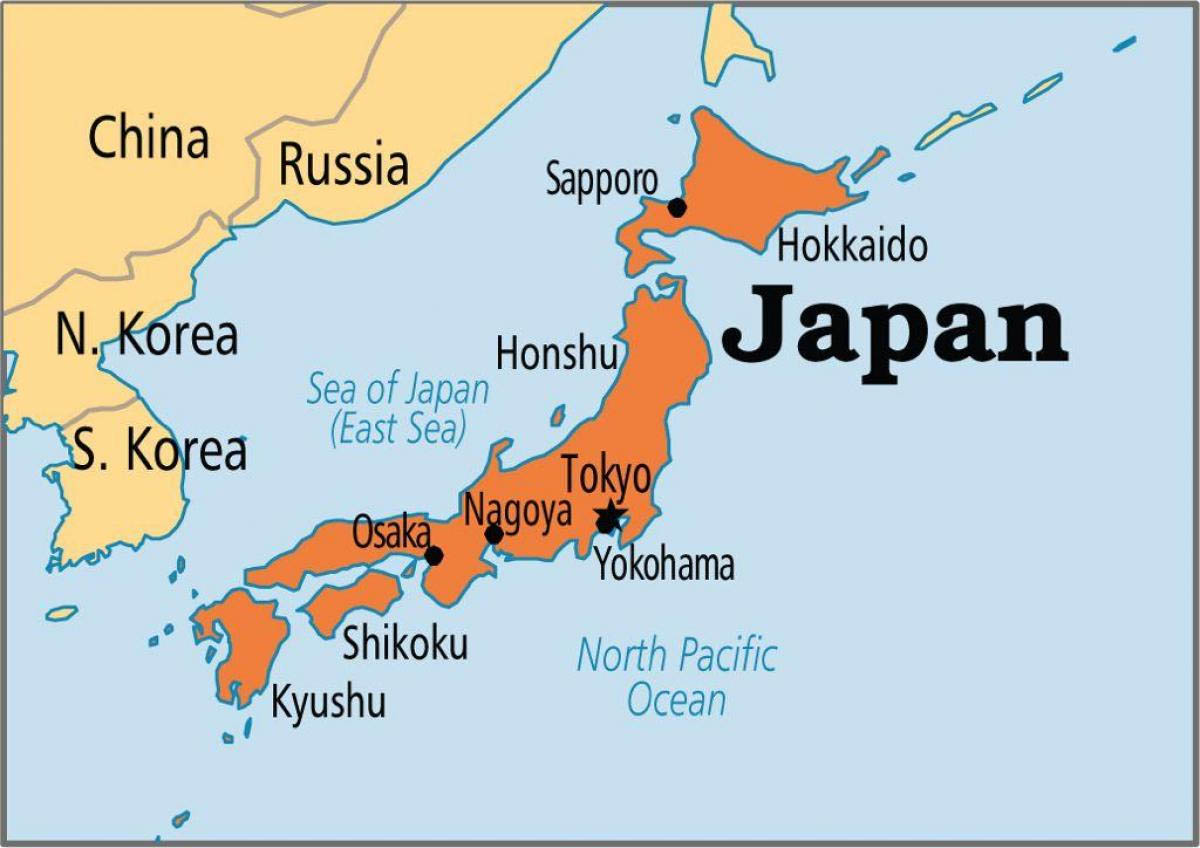International Relations
Bilateral Security and Defence Cooperation: Indo-Japan
- 27 May 2022
- 5 min read
For Prelims: India-Japan Relations, Quad Grouping
For Mains: Bilateral Groupings and Agreements
Why in News?
Recently, India and Japan agreed to further enhance Bilateral Security and Defence Cooperation, including in defence manufacturing.
What are the Highlights of the Meeting?
- Both sides should work jointly towards implementing their decision to have 5 trillion yen in public and private investment and financing from Japan to India in the next five years.
- India highlighted the steps taken by it to improve ease of doing business, logistics through the ‘Gati Shakti’ initiative and urged Japan to support greater investments by Japanese companies in India.
- Such investments would help in creating resilient supply chains and would be mutually beneficial.
- India appreciated that Japanese companies are increasing their investments in India and that 24 Japanese companies had successfully applied under the various Production Linked Incentive schemes.
- Both Countries noted the progress in implementation of Mumbai-Ahmedabad High Speed Rail project and welcomed the signing of exchange of notes of the 3rd tranche of loan for this project.
- Agreed to encourage greater collaboration between private sectors of both sides in the development of next generation communication technologies.
- Also agreed to deepen cooperation in the area of Clean Energy including green hydrogen.
- Took note of the progress in implementation of the Specified Skilled Workers (SSW) programme and agreed to further scale up this programme, boosting people to people linkages.
- Concurred that the India-Japan Act East Forum was useful in prioritising development of India’s North East Region.
What are other Recent Developments between India and Japan?
- In March 2022, the Japanese Prime Minister was on an official visit to India for the 14th India-Japan Annual Summit between the two Countries.
- Earlier, the Indian PM virtually inaugurated a Japanese ‘Zen Garden - Kaizen Academy’ at the Ahmedabad Management Association (AMA) in Gujarat.
- Recently, India, Japan and Australia have formally launched the Supply Chain Resilience Initiative (SCRI) in a move to counter China’s dominance of the supply chain in the Indo-Pacific region.
- In 2020, India and Japan signed a logistics agreement that will allow armed forces of both sides to coordinate closely in services and supplies. The agreement is known as the Acquisition and Cross-Servicing Agreement (ACSA).
- In 2014, India and Japan upgraded their relationship to 'Special Strategic and Global Partnership'.
- The India-Japan Comprehensive Economic Partnership Agreement (CEPA) that came into force in August 2011 covers trade in goods, services, movement of natural persons, investments, Intellectual Property Rights, custom procedures and other trade related issues.
- Japan is India’s 12th largest trading partner, and trade volumes between the two stand at just a fifth of the value of India-China bilateral trade.
- Defence Exercises: India and Japan defence forces organize a series of bilateral exercises namely, JIMEX (naval), SHINYUU Maitri (Air Force), and Dharma Guardian (Army). Both countries also participate in Malabar exercise (Naval Exercise) with the USA and Australia.
- Both India and Japan are members of Quad, G20 and G-4.
- They are also member countries of the International Thermonuclear Experimental Reactor (ITER).
Way Forward
- More collaboration and cooperation can prove beneficial to both nations, since India needs sophisticated technology from Japan.
- There is a huge potential with respect to Make in India. Joint ventures could be created by merging Japanese digital technology with Indian raw materials and labour.
- Close cooperation is the best measure to combat China’s growing role in Asia and Indo-Pacific, in physical as well as digital space.
UPSC Civil Services Examination, Previous Year Questions
Q. In which one of the following groups are all the four countries members of G20? (2020)
(a) Argentina, Mexico, South Africa and Turkey
(b) Australia, Canada, Malaysia and New Zealand
(c) Brazil, Iran, Saudi Arabia and Vietnam
(d) Indonesia, Japan, Singapore and South Korea
Ans: (a)





